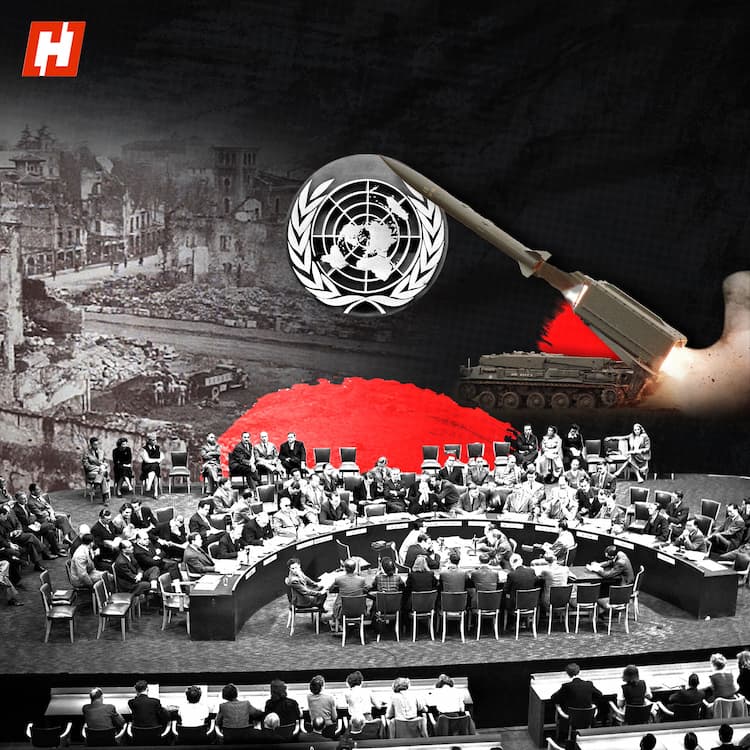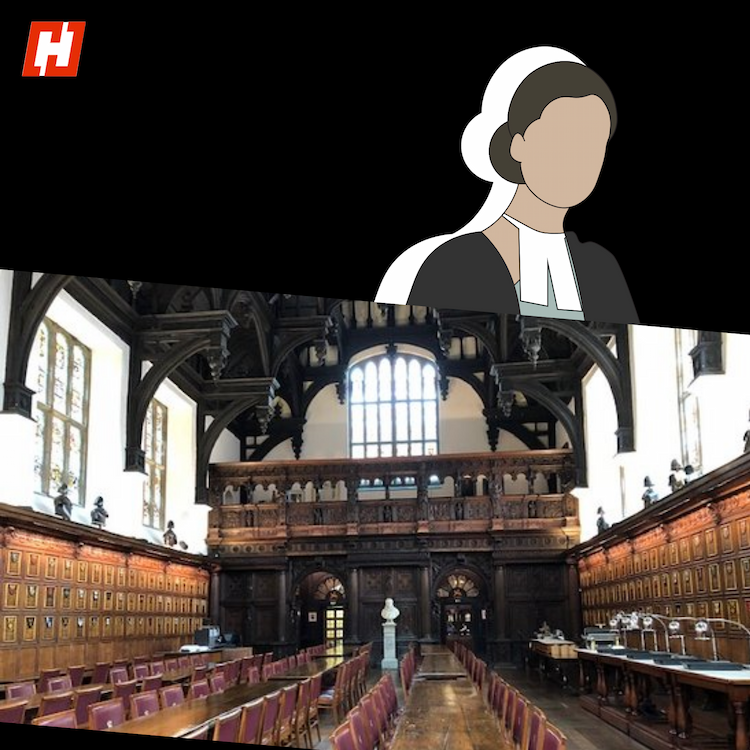The devastating war in Gaza - or rather the Israel-Hamas war - has been raging for the past 18 months. 51,000 people have been killed, with nearly a third of those children according to the Hamas-run Ministry of Health.
But long before Hamas' Oct 7, 2023 attack, Gaza has been the focal point of a key political and indeed humanitarian issue in the Middle East.
The question of Palestine and its peoples’ need for a state, a place to finally call - home. It is a question that has been asked again and again for over a hundred years. But,are we closer to an answer at all?
Recently, UK Foreign Secretary David Lammy at the Lords International Relations’ Select Committee meet spoke of recognising the Palestinian state and made it clear that when the UK decides to go ahead with the recognition, “no one would have a veto” on the matter.
He stressed though that recognition is not the end in itself. The '‘Two States’ solution is the end in itself and that the UK would prefer recognition as part of a process to that of ‘Two States’”.
And that is big news.
What is the ‘Two State’ solution?
The ‘Two State’ solution recognises Palestine and Israel as separate states and is a solution that has been proposed by several concerned nations.
Earlier in April, French President Emmanuel Macron too proposed the same declaring that “we need to go down the path of recognition” and that’s exactly “what we’ll do in the coming months”.
In fact, Secretary Lammy confirmed that the UK government is involved in discussions with France and Saudi Arabia about recognising a Palestinian state ahead of a key United Nations conference on the issue in June.
160 states already recognise Palestine, including most recently European nations like Spain, Norway and Ireland. The UK and France, two of the five Permanent Members of the UN Security Council, recognising Palestine would be a powerful statement.
But experts, and indeed the two leaders themselves, fear that recognition may just be symbolic. Especially if nothing changes on the ground.
Earlier, UN Secretary-General Antonio Guterres urged member states to go beyond declarations and consider concrete steps to save the Two-State solution – as Israel continues to increase settlement expansion in the West Bank, and wage a violent war and impose a humanitarian blockade on Gaza.
Recognition would be useless and serve only to whitewash the status quo, continuing to leave the Israeli state with all the power.
But what if recognition leads to Palestine becoming a full UN member state?
The conundrum of bestowing Palestine with statehood
As a full member state, Palestine could potentially reap benefits such as requesting the UN Security Council for assistance if faced with aggression. Additionally, Palestine would be able to access various UN programs and resources that support development, humanitarian aid, and peacebuilding.
However, the UN Security Council’s five Permanent Members, US, UK, France, China and Russia - though have the power to veto decisions. Given the complexity of the Israeli-Palestinian conflict it could be difficult to secure consensus within the UN on Palestinian issues.
Furthermore, the UN does not have its own military force. It relies on member states to provide troops and resources for peacekeeping operations, and these are often limited and subject to political considerations.
To make matters worse, diplomatic experts fear Hamas may take credit if recognition does happen now, setting a bad example for the world. It's a message that only armed struggle produces results.
So, given these complexities, will the UK and France really recognise Palestine? What changes for Palestinians if they do? Maybe the UN’s conference in New York will finally answer this decades old question.





